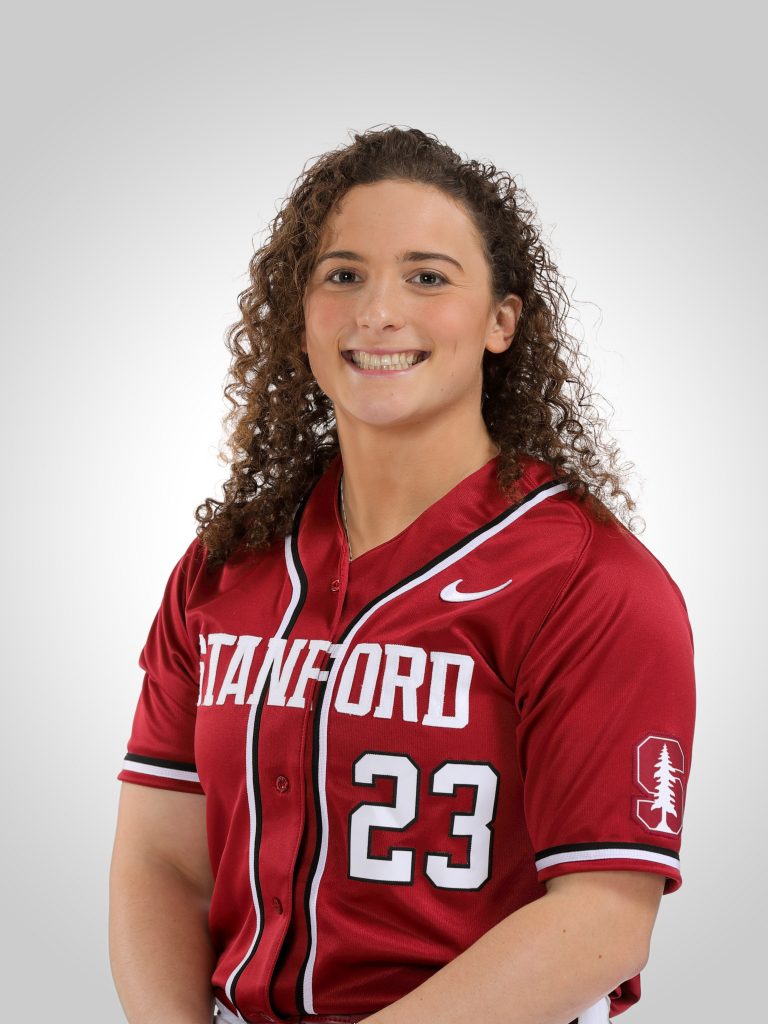
Spend one day in South Africa and you can experience all four seasons; spend an hour and you might hear twice as many languages. This country has 11 national languages, the most of any country in the world, and 11 more than the U.S. However, during our excursions around the Western Cape, we primarily come in contact with Afrikaans and Xhosa, whose relationship acts as a reflection of South African history.
As Afrikaans is an offshoot of Dutch (the name derived from the term Afrikaans-Hollandsor, “African Dutch”), my measly one year of German allows some intelligibility of the language. It was initially created by the enslaved in order to communicate with their European masters and therefore shares about 90{639f82de1b4b629c2cbc70ca3399ae95f04e1d6c782a3ccc5e0955dead873b7f} of its vocabulary with its mother tongue of Dutch; however, I learned that the grammar is elegantly simple with limited verb conjugations opposed to other Germanic languages. Afrikaans is displayed on all of the official road signs and public avenues underneath the English version of the text. It was the first foreign language all of us encountered at the airport in Cape Town.
Xhosa is the language spoken by the vast majority of the children in the township. It is a tonal language that is peppered with clicks that made it slightly formidable to me, as someone who can’t even roll their r’s correctly. I feel slightly embarrassed I have to re-pronounce some of the students’ names multiple times before I get it right. But there’s a unique joy in having them teach us Xhosa words, as the teacher-student dynamic is momentarily switched. We all instantly learned the words enkosi and molo, “thank you” and “hello” respectively.
“Spend one day in South Africa and you can experience all four seasons; spend an hour and you might hear twice as many languages.”
Being not simply bilingual, but a polyglot, is a necessity in South African society. For example, our cab driver speaks four languages: Afrikaans, English, Zulu, and Xhosa. We are privileged visitors in the sense that our native tongue, English, acts as a mediating lingua franca for many South Africans who don’t share the same primary language. However, everyone on-site loves when they learn and understand a Xhosa saying or are able to read an Afrikaans sign.
The language divide between primarily white Afrikaans speakers and black Xhosa speakers mirrors a troubled history over the control and use of language, as which one is given preferential, official use in schools has been a hot button topic in south Africa for many years. As a group we visited Langa township, outside of Cape Town, where we saw a school at which the students fought over their curriculum being taught in Afrikaans, versus their native tongue or English. This interplay between European and indigenous languages offers a tiny window into South Africa’s complicated past.
We’ve only been here a short while, and I am excited to absorb more Xhosa and Afrikaans while learning more about South Africa’s relationship with language.
Enkosi and Baie Dankie!
